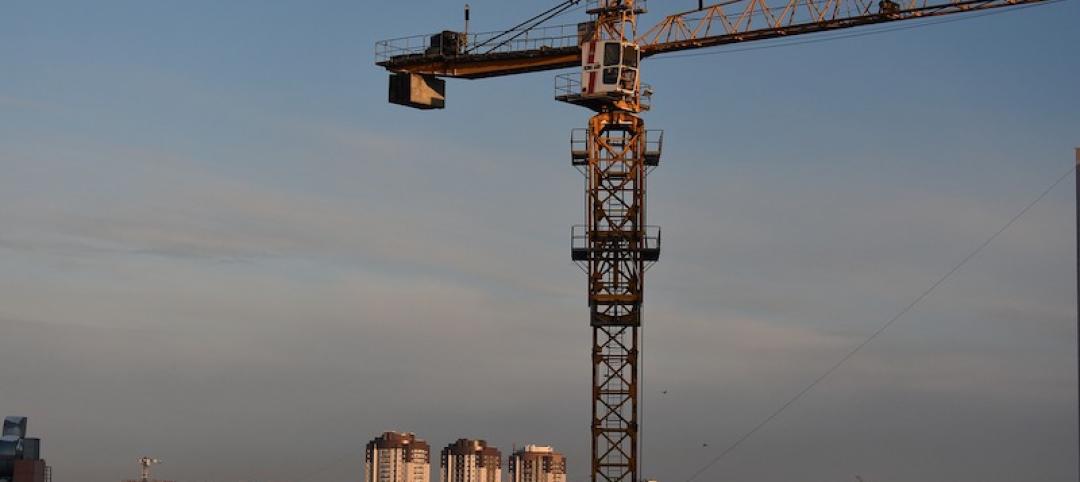The construction industry and real estate development could be hampered by the U.S. Congress’s failure to renew the Terrorism Risk Insurance Act (TRIA).
Insurance industry experts say without federal terrorism reinsurance in place for 2015, resulting canceled property/casualty insurance coverage and market chaos could be disruptive to the economy.
"A major terrorist attack occurring without a TRIA law on the books will be far more disruptive to the U.S. economy than one where TRIA is in place," saidInsurance Information Institute President Robert Hartwig. “Terrorism insurance policies are going to lapse in 2015, and insurers will be under no obligation to renew them, adversely impacting the construction, energy, and real estate industries, among others.”
Federal terrorism reinsurance had helped stabilize the market in the wake of the Sept. 11, 2011 terrorist attacks, and it had been renewed several times since. There was widespread bipartisan support for TRIA renewal, but retiring U.S. Sen. Tom Coburn, an Oklahoma Republican, held up passage. Coburn objected to a measure included in the bill that would have set up the National Association of Registered Agents and Brokers, an entity that would have potentially bypassed state regulators.
One positive sign: A.M. Best said it “has determined that no rating actions on insurers previously identified as over-reliant upon [TRIA] are necessary at this time.” The rating agency said it reviewed action plans from insurance carriers addressing what they would do if TRIA was not renewed and concluded that “sufficient mitigation initiatives were developed to avoid a material impact on a rating unit’s financial strength.”
(http://www.insurancejournal.com/news/national/2014/12/18/350561.htm)
Related Stories
Codes and Standards | Jan 7, 2020
New certification program for rigid core luxury vinyl tile
ASSURE CERTIFIED to establish industry-wide quality standards.
Codes and Standards | Jan 7, 2020
Boston’s beefed up wetlands ordinance will limit development
Conservation commission must consider future climate impacts when assessing new projects.
Codes and Standards | Jan 6, 2020
States pick up the slack in efficiency policy as federal government lags
With climate change deniers setting policy in Trump Administration, progress continues in statehouses.
Codes and Standards | Jan 6, 2020
OSHA plans multiple revisions to rules impacting construction industry in 2020
Cranes and derricks, welding in confined spaces, beryllium exposure, and more on docket.
Codes and Standards | Jan 3, 2020
Labor supply and capability of workers worry contractors
Three out of four firms plan to add workers in 2020.
Codes and Standards | Jan 3, 2020
Car-free streets could become common in major cities
New York and San Francisco establish thoroughfares dedicated to transit, pedestrians.
Codes and Standards | Jan 2, 2020
CRE professionals have increased interest in embodied carbon accounting, smart buildings
Survey also shows that interest in resiliency lags behind.
Codes and Standards | Jan 2, 2020
White paper focuses on Metal Composite Material labeling
Document part of effort to uphold industry standards for the product.
Codes and Standards | Dec 18, 2019
Hard Rock Hotel collapse in New Orleans puts spotlight on undocumented workers
Having helped rebuild the city after Hurricane Katrina, many under threat of deportation.
Codes and Standards | Dec 18, 2019
Maryland lawmakers take on blocked sidewalks during construction projects
Legislation clarifies developers’ responsibilities.

















